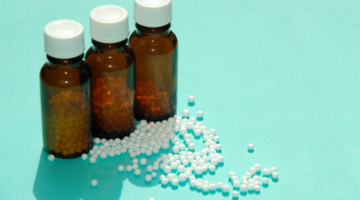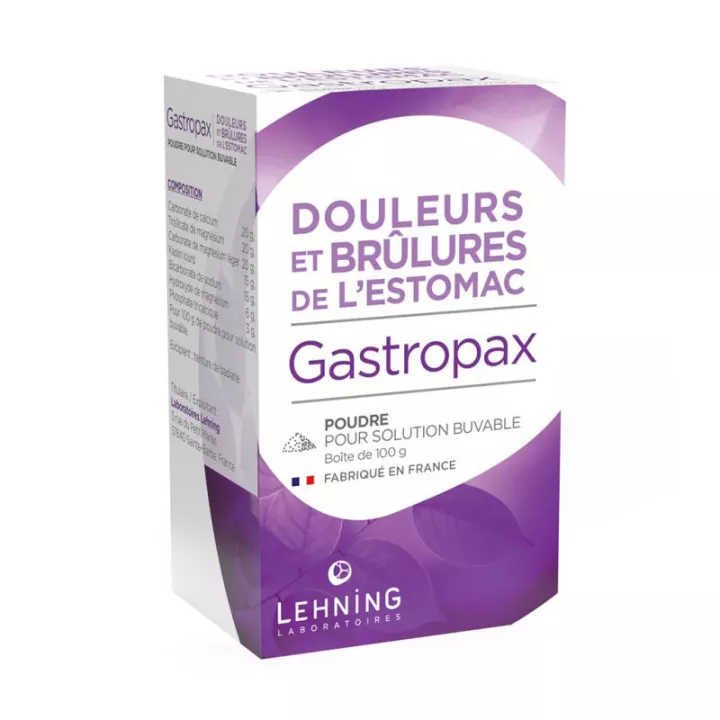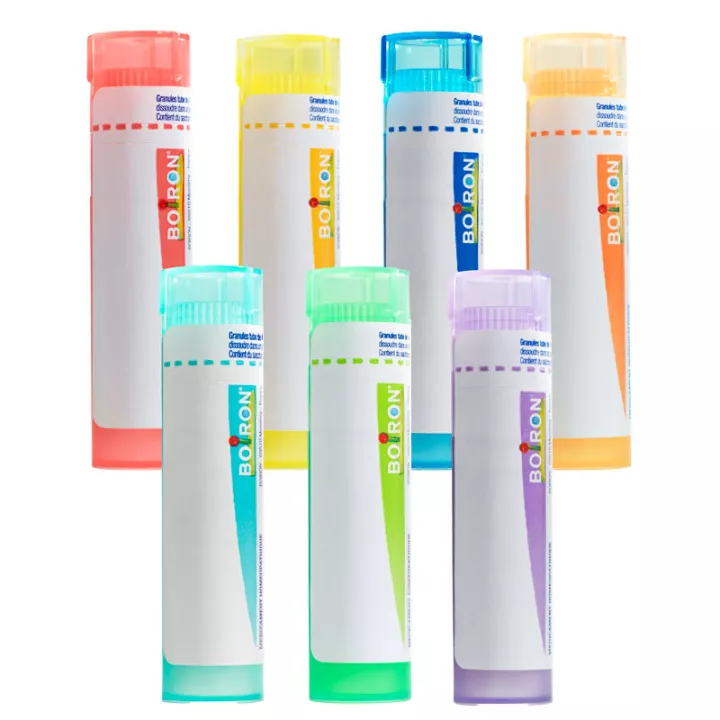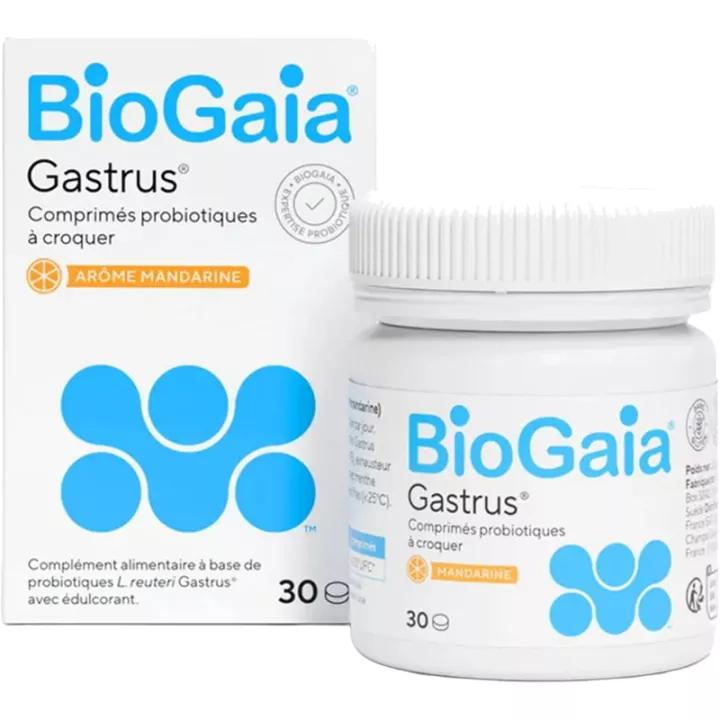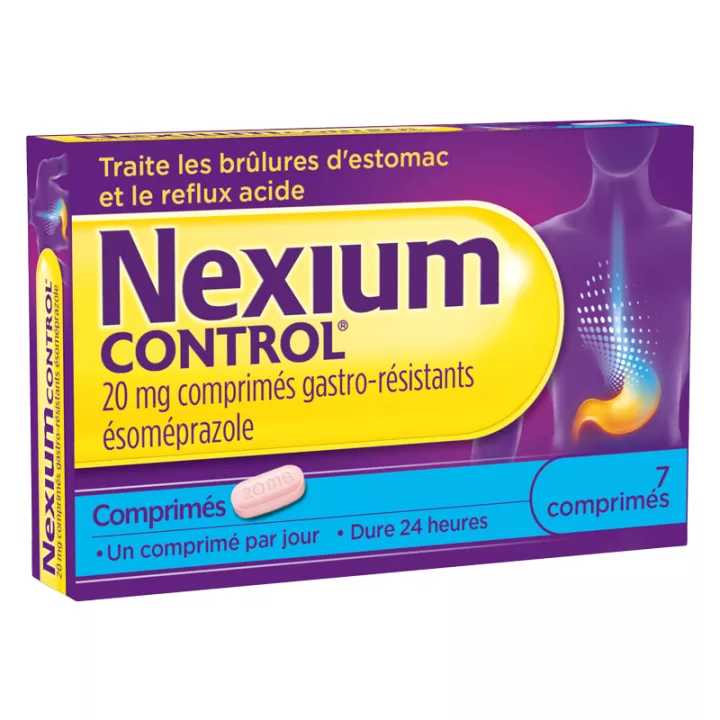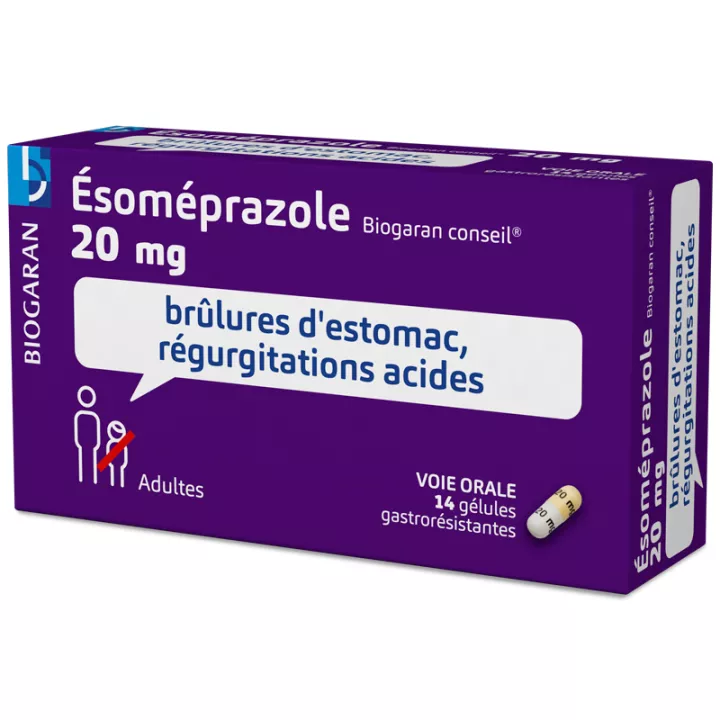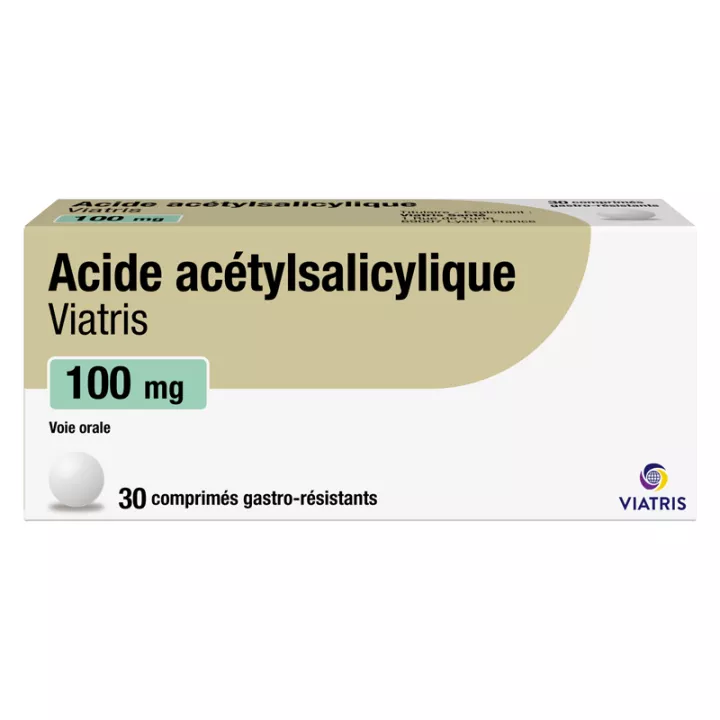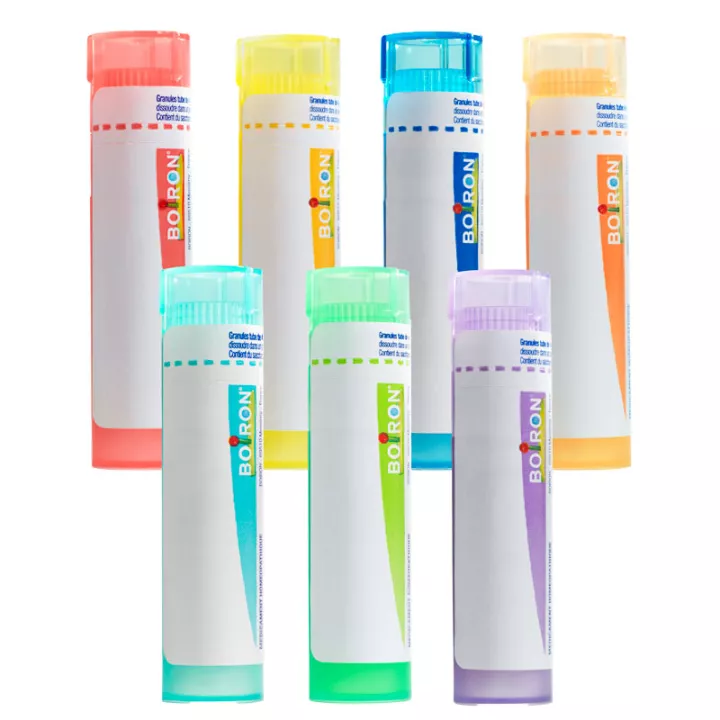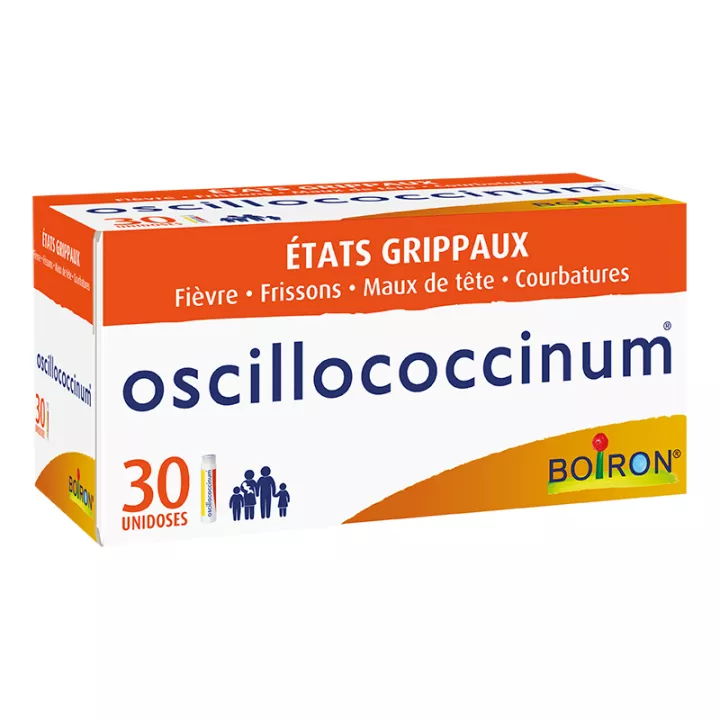GASTROPAX topical antacids: when is GASTROPAX prescribed?
This medicine contains topical antacids. It acts by neutralizing the acids secreted by the stomach. It is used to treat heartburn, stomach pain, heartburn and acid reflux.
Gastropax antacid powder: your ally against heartburn
Gastropax, available in 100-gram bottles from our online pharmacy, offers a fast, effective solution to gastric acidity. This non-prescription medication, composed of locally-acting antacids, is designed to directly neutralize the acids secreted by the stomach. Thanks to its targeted action, Gastropax soothes discomforts such as heartburn, acid reflux and hyperacidity-related discomfort, allowing you to regain comfort and well-being after every meal.
Safety and ease of use
Gastropax stands out for its ease of use. Its powder format makes it easy to administer and fast-acting, providing almost immediate relief from acid symptoms. The 100-gram bottle ensures prolonged use, suitable for managing recurrent episodes of gastric acidity. With no need for a prescription, Gastropax is a practical, affordable choice for anyone looking for an effective solution to the discomforts of acidity.
A reliable solution for your digestive comfort
Opting for Gastropax means choosing a relief method renowned for its effectiveness and reliability. Gastropax's antacid components work in harmony to neutralize excessive acidity, protecting the gastric mucosa and preventing discomfort. Whether for occasional or regular use, Gastropax is your trusted partner for maintaining an optimal acid-base balance in your digestive system.
Directions for use and dosage of GASTROPAX
This medicine should be diluted in a glass of water.
Usual dosage: 1 teaspoon at the time of pain, not to exceed 6 doses per day.
How to use Gastropax for optimum effect?
For effective relief, follow the instructions on the bottle. Gastropax can be taken after meals or at the time of acid symptoms.
Is Gastropax suitable for long-term use?
Gastropax is designed for immediate relief of acid symptoms. For long-term use, we recommend consulting a healthcare professional.
Are there any side effects associated with using Gastropax?
Gastropax is generally well tolerated. However, as with any medication, in the event of an unusual reaction, it is advisable to consult a healthcare professional.
Can Gastropax be taken with other medications?
It is important to check with a healthcare professional before combining Gastropax with other treatments, to avoid any drug interactions.
What are the contraindications of GASTROPAX?
Gastropax should not be used in the following cases: severe renal insufficiency, excess calcium in the blood.
Caution Because of the aluminum content (provided by kaolin), precautions should be taken with dialysis-treated patients suffering from kidney failure. Consult a doctor in the following situations: digestive disorders appearing for the first time, or if the disorders have changed recently; disorders associated with weight loss; persistent difficulty swallowing or abdominal discomfort. Do not use this medication for prolonged periods without consulting your doctor: tests may be required if symptoms persist. People suffering from stomach pain should avoid using drugs containing aspirin or NSAIDs, which weaken the stomach lining. Paracetamol, on the other hand, is safe for treating pain and fever. This medicine contains a significant amount of salt (sodium).
Interactions of GASTROPAX with other substances
GASTROPAX may reduce the absorption of many drugs. A delay of at least 2 hours (or 4 hours with quinolone antibiotics) must be observed between taking this drug and other treatments. Ask your doctor or pharmacist for advice.
Fertility, pregnancy and breast-feeding pregnancy
This medicine contains clay (kaolin, etc.) which may reduce the absorption of certain nutrients (particularly iron); it should not be used for prolonged periods during pregnancy without medical advice. Breast-feeding: This product may be used by nursing mothers.
Composition of GASTROPAX
p c à c Calcium carbonate 800 mg Magnesium trisilicate 800 mg Magnesium carbonate 800 mg Heavy kaolin 600 mg Sodium bicarbonate 600 mg Magnesium hydroxide 240 mg Tricalcium phosphate 120 mg Calcium 360 mg Magnesium 392 mg Sodium 164 mg
Active ingredients: Sodium bicarbonate, Calcium carbonate, Heavy kaolin, Light magnesium carbonate, Magnesium hydroxide, Magnesium trisilicate, Tricalcium phosphate Excipients : Badiane tincture, Sodium
Presentations of the drug GASTROPAX
GASTROPAX: powder for drinkable solution; box of 100 g (25 teaspoons) - Not reimbursed
Pharmacist's advice on treating gastro-oesophageal reflux disease :
A balanced diet, slow mastication, elimination of hard-to-digest foods and alcoholic beverages can often alleviate symptoms caused by acid reflux or stomach inflammation.
If you are a smoker, continued smoking is a major obstacle to treatment; nicotine increases gastric acidity and reduces the effectiveness of the muscle that closes the junction between the esophagus and the stomach.
For information on warnings, precautions for use and contraindications, please consult the package insert.
Warnings about GASTROPAX
GASTROPAX is not a product like any other. Read the package insert carefully before ordering. Keep medicines out of the reach of children. If symptoms persist, ask your doctor or pharmacist for advice. Beware of incompatibilities with your current products.
Please inform your online pharmacist of your current treatments to identify any incompatibilities. The order validation form contains a personalized message field for this purpose.
Click here to find the package leaflet for GASTROPAX on the Agence Nationale de Sécurité du Médicament et des Produits de Santé website.
Pharmacovigilance: Report any adverse reaction(s) to GASTROPAX
